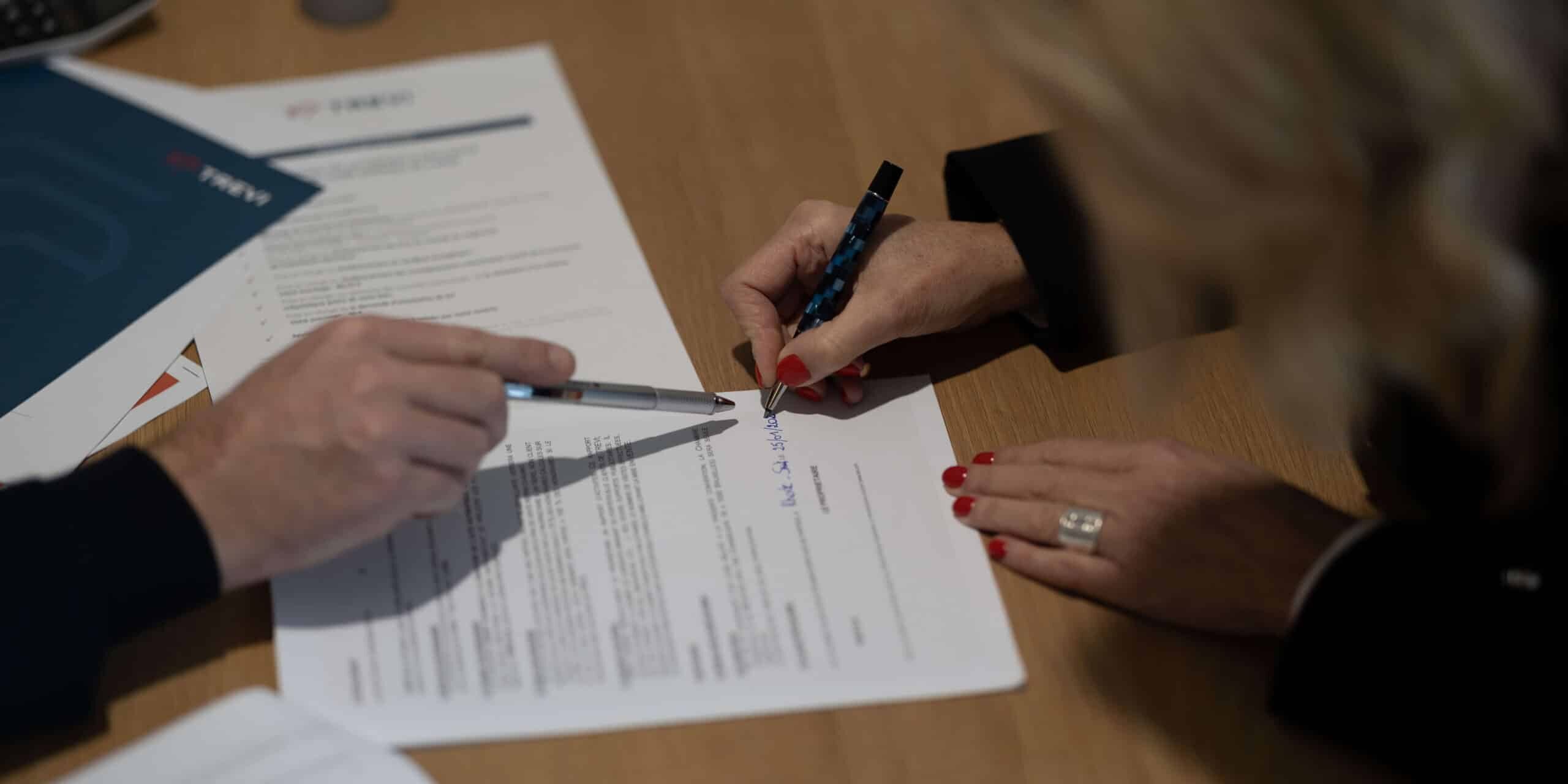What is a “new”construction property?
A property is considered new when it is sold no later than December 31 of the second year following the year in which the first occupation or first use takes place. For example: a dwelling that was first occupied in 2023 is considered new until December 31, 2025. More information can be found on the website of the Federal Public Service Finance.
Do you also have to pay VAT for the land?
Since January 1, 2011, the sale of a new building is fully subject to VAT. This means that VAT is due not only for the sale of the building but also for the adjoining land. In principle, the standard VAT rate of 21% applies here.
In other words, the sale of a plot of land (with a new building) is no longer subject to registration fees but is subject to VAT. To do this, the following three conditions must be met:
- It is permitted to build on the land, and the building that is constructed is sold with VAT.
- The land and building are sold by the same person.
- The land and building are transferred simultaneously.
If these three conditions are not jointly met, you will pay registration fees for the purchase of the land. For the purchase of land in the Brussels-Capital Region or in the Walloon Region, you will pay registration fees of 12.5% (10% in the Flemish Region).
New, Under Construction, or In-Progress Buildings
The VAT application sales regime is only possible for buildings under construction, or in-progress, and new buildings. For buildings under construction, it is entirely logical that the buyer pays VAT: they pay the registration fee on the value of their land at the time of purchase and pay VAT to the contractor as the work progresses. For buildings in-progress or newly constructed buildings, the law wanted to establish a similar regime. For a new building, as explained above, the sale must take place no later than December 31 of the second year following the year in which the first occupation or first use of that building takes place.
The VAT regime can apply to both house and apartment sales. In the latter case, distinguishing between the sales price of the constructions and the land may be more challenging, but the rules are the same: the registration fee will be calculated on the undivided shares of the land, and VAT on the value of the constructions.
It should also be emphasized that in the case of the resale of a new property, the seller can, in some cases, request the application of VAT.
First, first-time buyers (future sellers) will need to request occasional tax registration from the VAT administration. They must first submit a declaration in duplicate to the local VAT office in which they express their intention to carry out the sale with VAT application. They will then receive a special VAT registration number.
Next, they must, in turn, inform the buyer clearly about their intention to conduct the sale under this regime, through a mention inserted in the first document they sign (usually the preliminary contract). As the VAT rate is higher than that of the registration fee, it is logical that the buyer be informed of the fiscal surcharge before committing. In this document, they must also divide the price between the part of the price related to the land and the part related to the constructions.
The building must also retain the status of a new property.
The resale must take place no later than December 31 of the second year following the year in which the first occupation or first use of the building takes place (and no longer on December 31 of the year following the year in which the real estate tax was enrolled for the first time, as was previously the case).
From that moment, sellers will be able to deduct from the tax paid by the buyer the VAT they themselves paid upon their acquisition. They may also request a partial refund of the registration fee paid on the value of the land if the resale takes place less than two years after their acquisition.
Of course, sellers will have to pay the administration the tax they received from their buyer. If they fail to do so within the prescribed time limits, they will have to pay the tax, a penalty that may be equal to twice the tax, and a late interest calculated per month.
All of the above applies to anyone wishing to resell a new house, as well as for those wishing to resell a new apartment.
Reduced VAT Rate of 6%
When renovating your property, you can benefit from a reduced VAT rate of 6% for certain renovation works, provided the following conditions are met:
- Your dwelling is over 10 years old (10 years since January 1, 2016, previously 5 years).
- Your dwelling is used solely as a private residence, or only a minor part is used for your professional activities.
- The works (transformation, renovation, rehabilitation, improvement, repair, maintenance, etc.) are billed directly to you, the “final consumer” (e.g., owner, usufructuary, tenant…).
